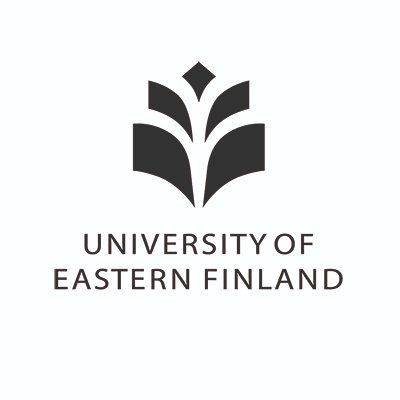Abstract:The immune evasion is one major challenge for cancer immunotherapy. Despite considerable advancements in immune checkpoint blockade (ICB) therapies for the advanced non‐small cell lung cancer (NSCLC) patients, only a minority of patients receive long‐term survival benefit. Here, this work demonstrates that lysine methyltransferase 5C (KMT5C) is a crucial promoter of the NSCLC progression and immune evasion. This work first observes that upregulation of KMT5C in NSCLC correlated with cancer progression and poor patient prognosis. Notably, KMT5C knockdown in NSCLC cells suppress tumor growth and metastasis in mice. Mechanistically, this work demonstrates that KMT5C activated the DNA repair response to inhibit the STING‐IRF3 pathway, downstream type I IFN signaling, and CCL5 secretion, leading to the downregulation of CD8+ T cell infiltration and function in NSCLC, ultimately facilitating tumor immune evasion and tumor progression. Importantly, both the pharmacological inhibitor A196 and the genetic inhibition of KMT5C could synergize with anti‐PD‐1 therapy in the lung cancer mouse model. Clinically, high expression levels of KMT5C in patients with NSCLC are associated with a lower response rate and worse clinical outcomes to ICB therapy. Therefore, these findings identify a previously unknown functional link between KMT5C and tumor immune evasion, and demonstrate that targeting KMT5C may be a potential therapeutic approach for enhancing the efficacy of NSCLC patients to ICB therapy.







